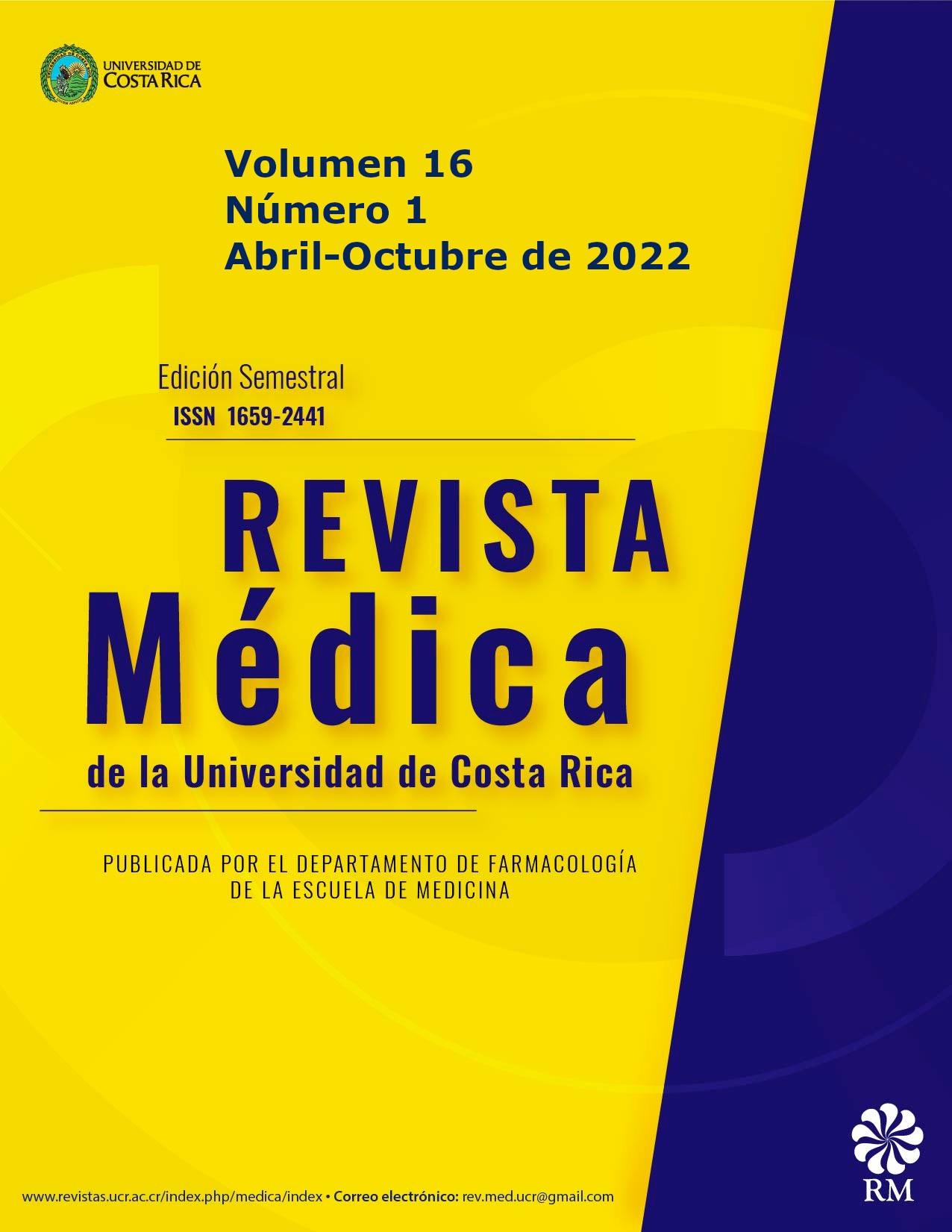Resumen
El barorreflejo constituye uno de los mecanismos básicos para la comprensión adecuada de la fisiología cardiovascular, esto debido a su rol en el control de la presión arterial media a corto plazo. El objetivo de la presente revisión bibliográfica consistió en evidenciar detalladamente los últimos hallazgos acerca de este mecanismo fisiológico y sobre su funcionamiento en estudios realizados durante los últimos diez años, tanto en personas sanas como en otras en las que se documentaron diversos cuadros fisiopatológicos, como hipotensión ortostática o síndrome de taquicardia postural.. Se mostró que el barorreflejo favorecía en todos los casos anteriormente citados un cambio compensatorio que volvía las presiones a sus rangos fisiológicos normales ante aumentos o disminuciones de la presión arterial media, y se concluyó además que el desarrollo de técnicas y procedimientos que miden la sensibilidad del barorreflejo evalúan integralmente la funcionalidad del sistema , lo que permite trabajar en el desarrollo de estrategias y mecanismos que conlleven a una mejoría de su función ante pacientes en los que este engranaje no funcione como en un sujeto sano.
Palabras clave: Sistema cardiovascular, presión arterial, presión sanguínea, frecuencia cardiaca, barorreflejo. Fuente:MeSH.


